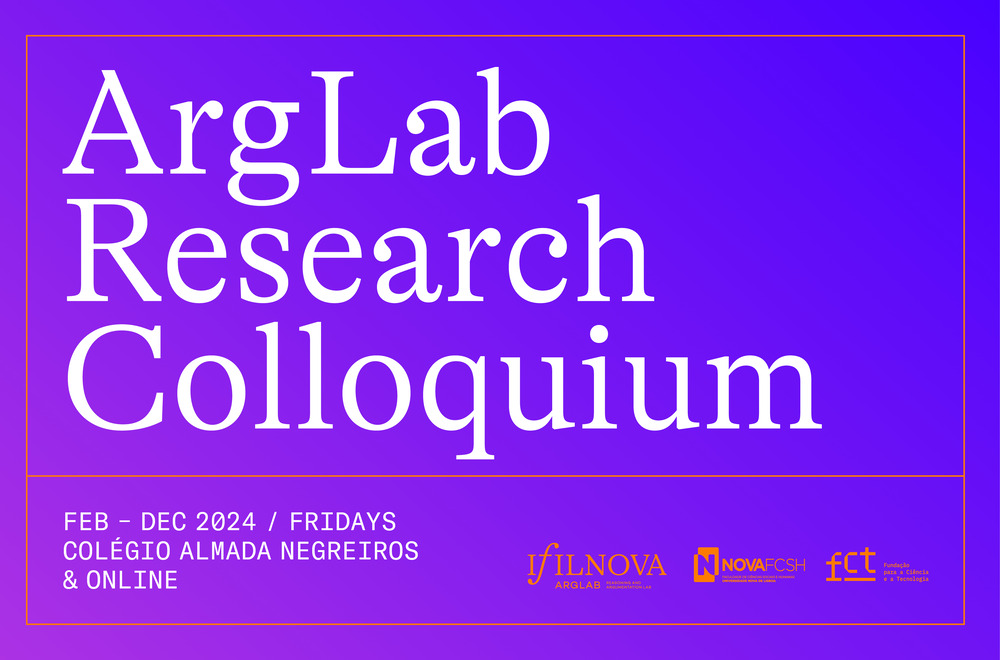Dimitris Serafis on “Soft hate speech and authoritarian practices: ‘refugee crisis’ on the front page”

Crisis-ridden societies witness a rise of authoritarian voices that have been gradually mainstreamed in the past years (Mondon & Winter 2020). Against this background, recent studies on authoritarian politics claim that there needs to be a particular focus on authoritarian practices (Glasius 2018, 2023) and, most importantly, the discursive realisation (Katsambekis 2023) of such practices that end up normalising (Krzyżanowski 2020; Reyes 2020) authoritarian attitudes to the general public. In that respect, recent research (e.g. Demata 2017; Kreis 2017; Lorenzetti 2020) testifies that authoritarian voices tend to strategically employ hatred against several minority groups to facilitate their overall positioning. Therefore, an investigation of the ways in which authoritarian practices are discursively furthered by subtle forms of hate speech appears to be necessary. In line with recent studies (see Serafis 2022; Serafis & Assimakopoulos 2023; Serafis & Boukala 2023; Serafis et al. 2023), I adopt an argumentative perspective to study implicit forms of hate speech; what Assimakopoulos et al. (2017: 4) define as “soft hate speech”, namely a variety of hate speech “which is lawful but raises serious concerns in terms of intolerance and discrimination”. I aim to unveil the inferential lines of reasoning that emerge on multimodal artefacts such as newspapers front pages (see Serafis 2023: 121-147) and justify hatred against migrant populations during the so-called ‘refugee crisis’. To do so, I integrate tools from multimodal discourse analysis (van Leeuwen 2008) and studies on inference in argumentation (Rigotti & Greco 2019).
Dimitris Serafis, University of Groningen
To join the session on Zoom, please get in touch with Maria Grazia Rossi at mgrazia.rossi@fcsh.unl.pt for the details.
This event is part of the ArgLab Research Colloquium organised by Maria Grazia Rossi, Giulia Terzian and Gloria Andrada at the Laboratory of Argumentation, Cognition and Language of the NOVA Institute of Philosophy. For any inquiries, please contact Maria Grazia, Giulia, or Gloria.
Event supported by the Foundation for Science and Technology (Fundação para a Ciência e para a Tecnologia) of the Portuguese Ministry of Education and Science under the project UIDB/00183/2020.
21 Jun — Christopher Tindale (Windsor)
20 Sep — José Angel Gascón (Murcia)
18 Oct — Joel Krueger (Exeter)
15 Nov — Casey Rebecca Johnson (Idaho)
13 Dec — Roosmaryn Pilgram (Leiden)

